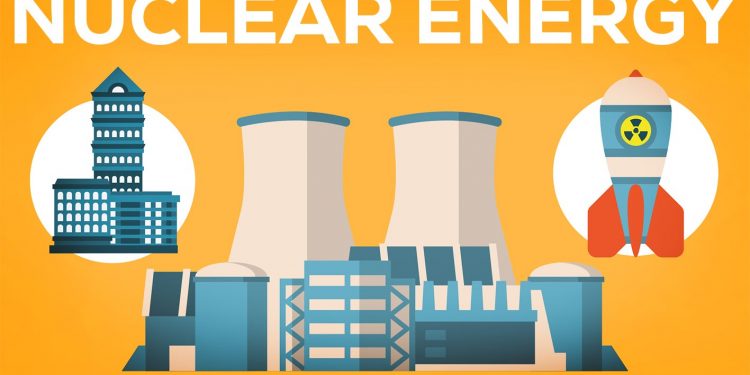Nairobi-based African Young Generation in Nuclear (AYGN) in collaboration with Russian nuclear agency Rosatom have set up a chapter in Zambia in an effort to facilitate technology transfer and the training of young nuclear engineers and scientists. This comes after the establishment of the AYGN Kenyan chapter called the Kenyan Young Generation in Nuclear (KYGN) in Nairobi.
Rosatom and the Kenya Nuclear Electricity Board have been working towards initiating safe nuclear energy as the country looks to diversify its energy sources.
Speaking at the launch of the AYGN Zambian chapter, Rosatom’s Communications Director for Central and Southern Africa, Ryan Collyer said:
“There are many misconceptions around our industry and it is these misconceptions that as an industry we should work together to dispel. It is time we deliver the good stories, the great stories and hopefully one day the nuclear industry will be celebrated for its grand achievement of bettering the lives of millions across the globe, rather than frowned upon for the simple reason of not being fully understood.”
Nuclear Energy in Zambia
Zambia is set to establish a Centre for Nuclear Science and Technology (CNST) and boost its electricity supply by 2000MW over the next 10 to 15 years. The aim of these plans is to boost industrial and economic growth in the country.
“With many African nations moving towards nuclear with the aim of diversifying and bolstering their energy mixes to stimulate economic growth, collaboration in the sector and nurturing young talent is more vital than ever,” stated AYGN President Gaopalelwe Santswere.
Rosatom and the Zambian government signed a general contract for the establishment of the centre at the 10th international Atomexpo-2018 forum in Sochi. CNST will be located 10 kilometres from Zambia’s capital, Lusaka.
The centre will have a nuclear research facility, a multipurpose research water-cooled reactor of up to 10MW, a multipurpose irradiation centre, and a modern lab complex. The centre will be implemented in stages within three to six years from the commencement of the project.
Rosatom, a state-owned agency, has constructed over 120 research reactors in Russia and other countries.




